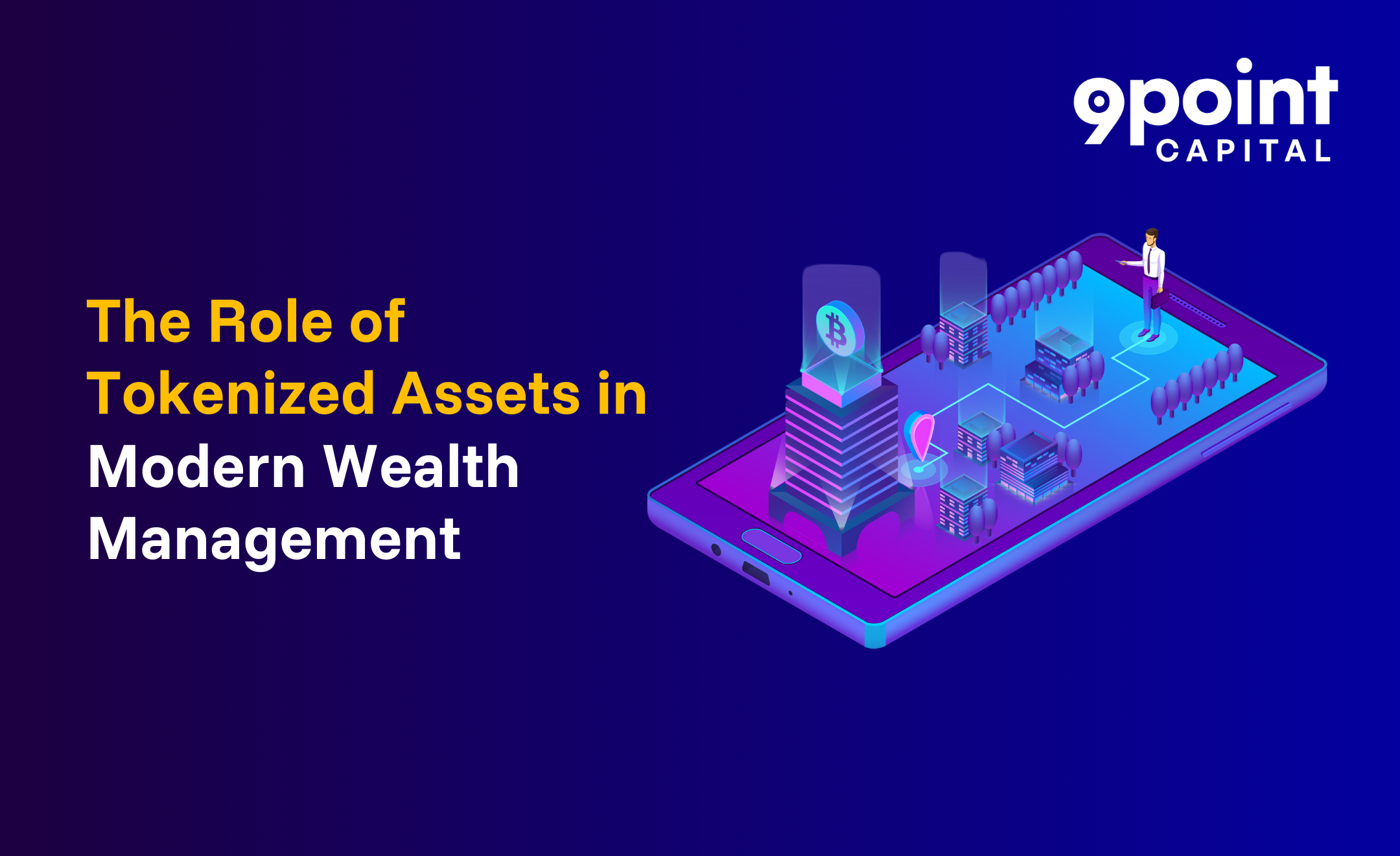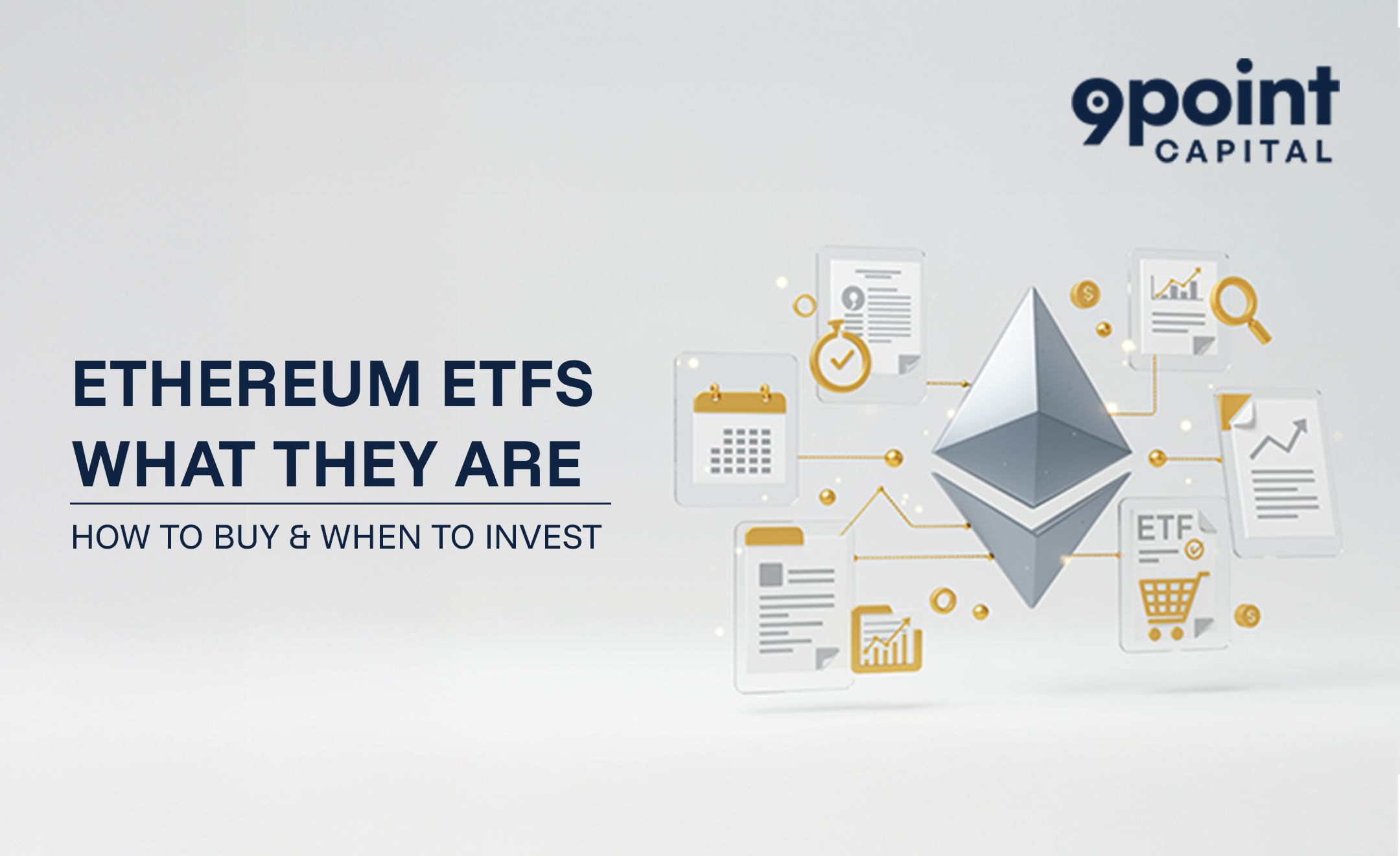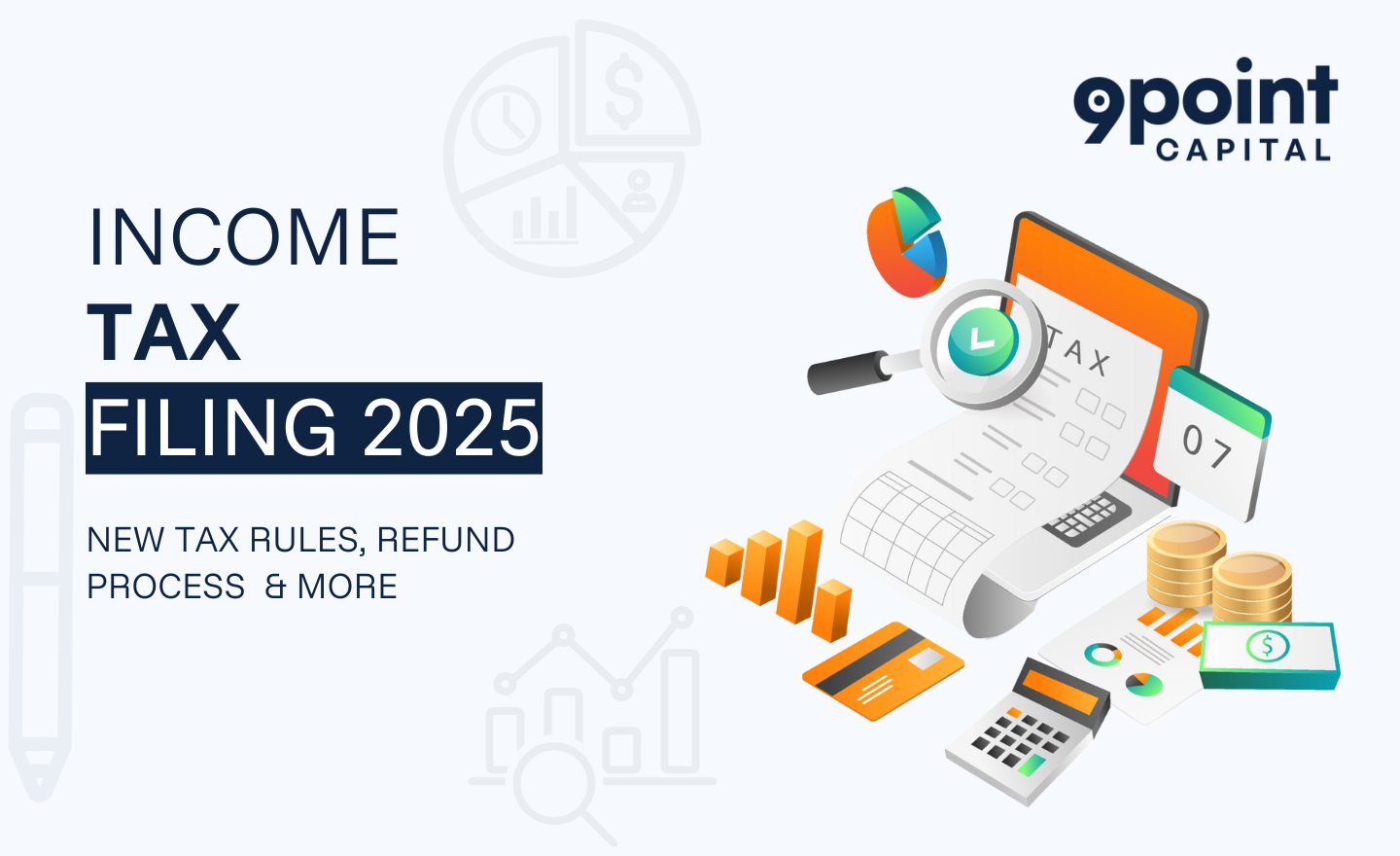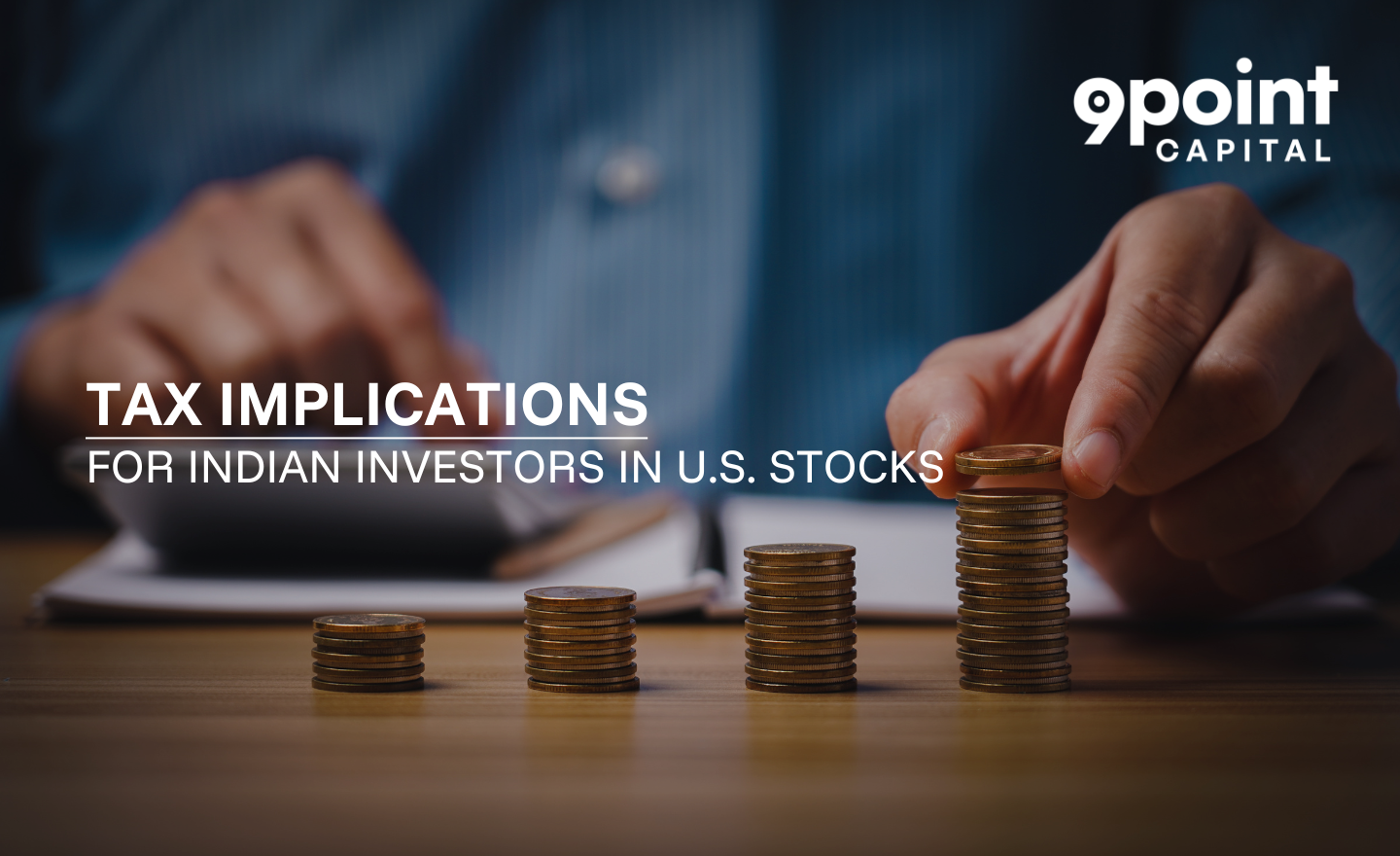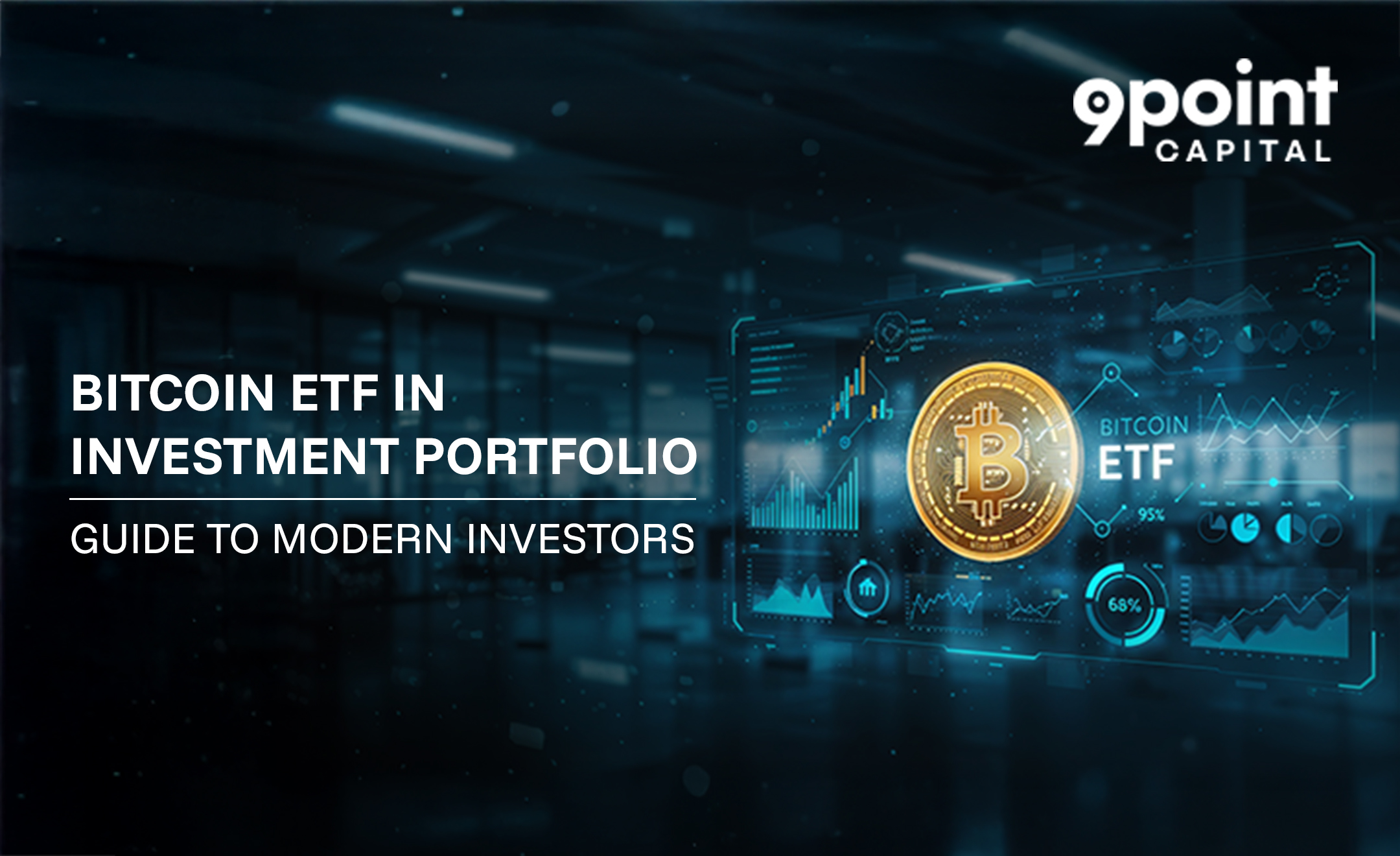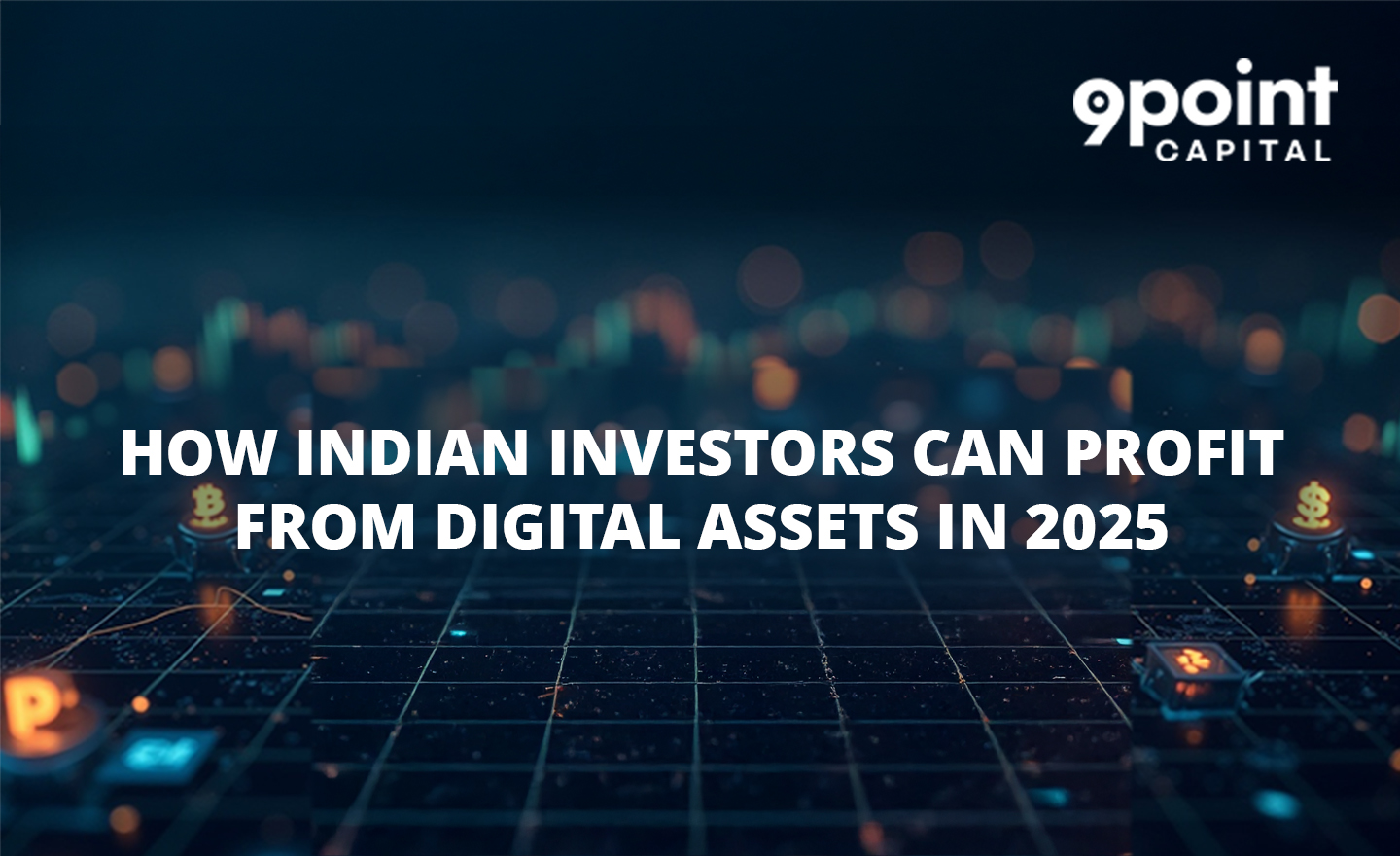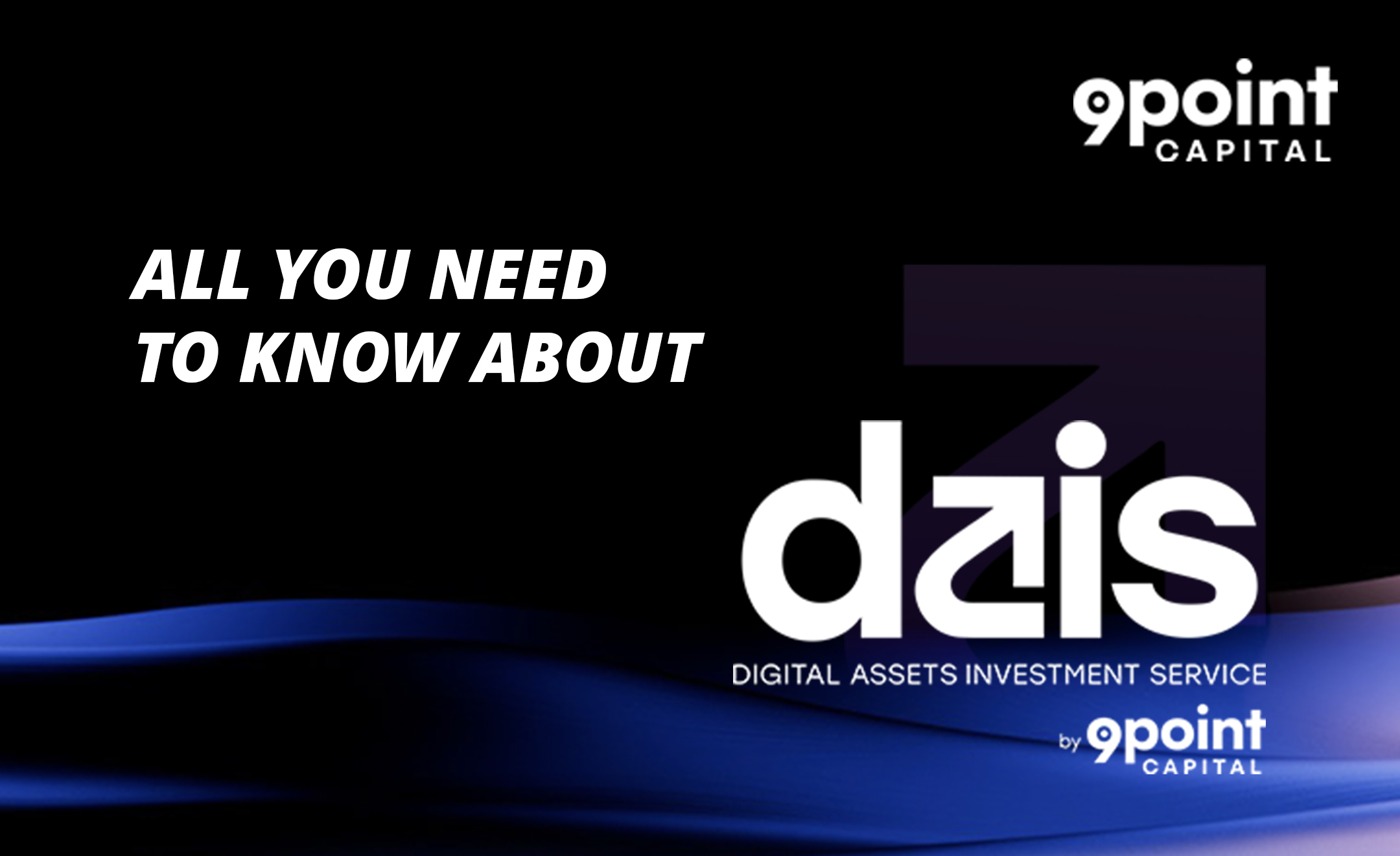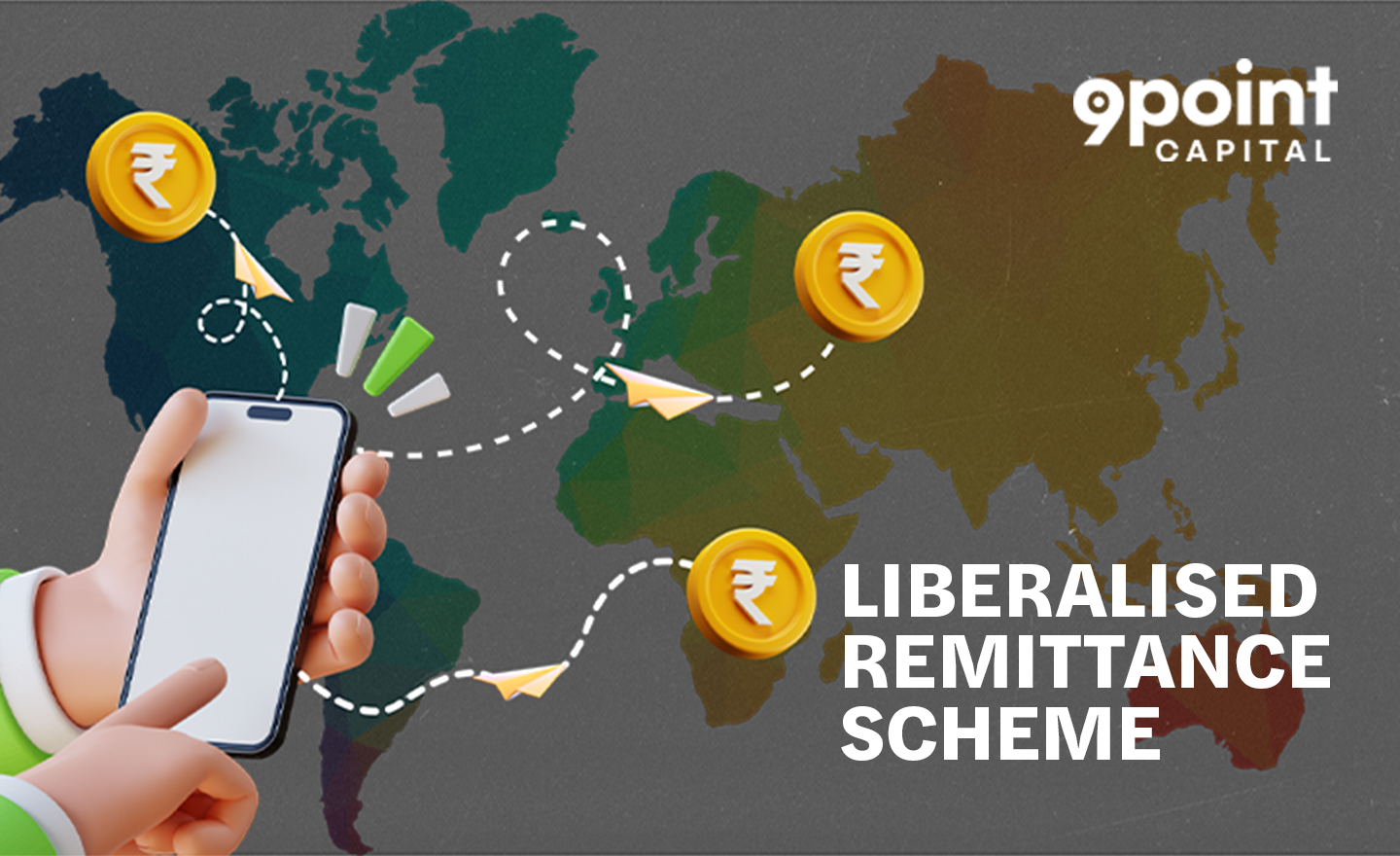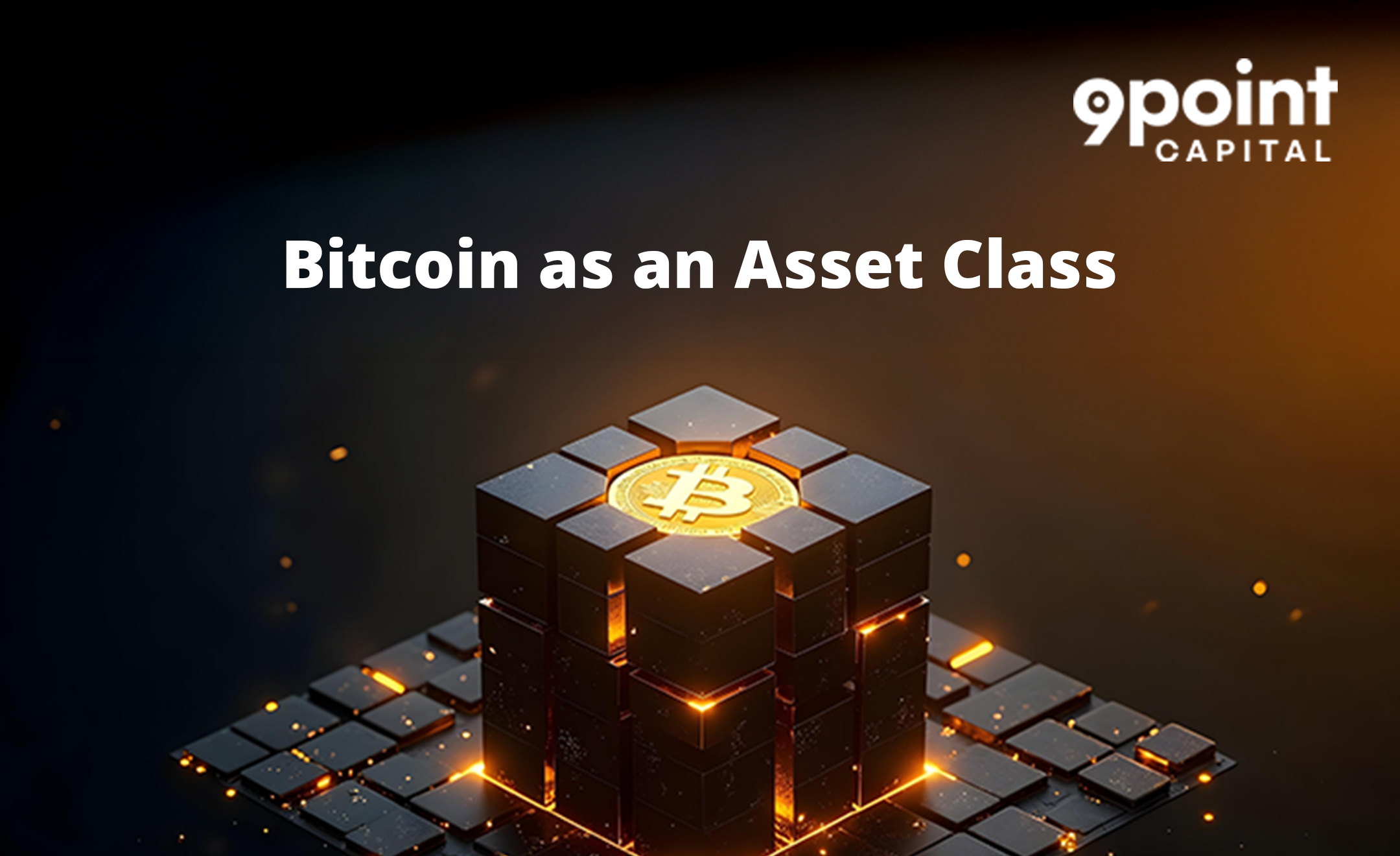Let’s explore how asset management tokenization is revolutionizing modern wealth management and why the future of investment might just be written on the blockchain.
What is Asset Management Tokenization?
Asset management tokenization is the process of transforming ownership rights of tangible assets, including stocks, real estate, financial instruments or even fine art, into digital tokens on a blockchain. These tokens are safe to hold, may be split up into fractional shares and can be traded or transferred instantly between digital platforms.
With asset management tokenization, these procedures are streamlined, guaranteeing quicker execution, increased accessibility, and lower costs than with existing asset management models, which frequently entail middlemen and copious amounts of paperwork.
For example:
Imagine a solar energy farm valued at $8 million being tokenized into 16,000 tokens, each worth $500. Through this model, investors can gain fractional ownership of renewable infrastructure, earning returns from the sale of electricity without needing to manage operations or invest millions upfront.
Why Tokenization Matters in Wealth Management
Here’s why tokenization is becoming essential in modern wealth management:
1. Fractional Ownership and Global Access
Historically, certain asset classes like commercial real estate or fine art have been accessible only to ultra-high-net-worth individuals. With asset management tokenization, these high-value assets can be broken into fractional units, allowing a broader range of investors to participate. It opens the path to global markets, democratising access to premium investments.
2. Increased Liquidity in Traditionally Illiquid Markets
Tokenized assets bring liquidity to asset classes that typically involve long holding periods and limited exit options. Investors can now buy or sell tokenized shares of real estate or private equity much like they would trade stocks, enhancing portfolio flexibility.
3. Reduced Costs and Operational Efficiency
By cutting out intermediaries like custodians, brokers and legal paperwork, tokenized asset platforms reduce transaction costs and operational delays. This gives wealth management companies the ability to offer more cost-effective and faster services to clients.
Tokenized Assets in Blockchain: A Secure Foundation
The security and transparency of tokenized assets in blockchain lie in the core characteristics of blockchain technology: immutability, decentralization and cryptographic security. Every transaction is recorded in a transparent, tamper-proof ledger, increasing trust between stakeholders and drastically reducing fraud.
By incorporating compliance features and smart contracts into tokens, asset management tokenization also guarantees commitment to jurisdictional regulations, which improves the efficiency and reliability of regulatory checks and audit trails.
Adoption of Tokenized Assets in Wealth Management Companies
Top global financial institutions and wealth management companies are already integrating asset management tokenization into their platforms.
- J.P. Morgan is piloting tokenized money market funds as part of its Onyx blockchain project.
- BlackRock has shown interest in using tokenization to improve transparency in fund management.
- Franklin Templeton offers tokenized U.S. government money market funds through blockchain infrastructure.
- Fidelity and Apollo are exploring tokenized alternatives to traditional fund structures, enhancing client customisation and real-time reporting.
This change indicates a broader institutional adoption of tokenized finance backed by credible and regulated market participants.
Challenges & Regulatory Outlook
Despite its promise, asset management tokenization faces hurdles such as regulatory uncertainty, standardisation of digital assets and integration with existing financial systems. However, momentum is building.
The European Union’s MiCA law, Singapore’s MAS and the UK’s Financial Conduct Authority (FCA) are all creating frameworks to facilitate tokenized financial assets. The use of tokenization in the investment process is probably going to become commonplace as blockchain technology advances and legal clarity develops.
The Future of Wealth Management is Tokenized
In a world where clients demand transparency, efficiency and global access, asset management tokenization provides a compelling solution. It enables investors to diversify across geographies and asset classes with ease while giving wealth management companies the tools to provide bespoke, tech-driven offerings.
From fractionalised real estate to tokenized private equity funds, tokenization is no longer a concept of the future, it’s already redefining how wealth is managed today.
Final Thoughts
Wealth management and blockchain technology are coming together to create a new era of democratized finance. Smart, effective and inclusive investing methods will rely heavily on asset management tokenization as regulatory backing increases and digital infrastructure strengthens.
The moment has come for modern advising firms and forward-thinking investors to investigate tokenization and its potential contribution to wealth creation in the future.
